Make no mistake, says Jennifer Glockner, registered dietitian nutritionist and creator of Smartee Plate, “overall, organic foods are not more nutritious than conventional foods,” but when we feed baby organic food, we can feel confident it’s not a GMO and that it has less pesticides, hormones, and antibiotics than its non-organic counterpart. “Just because fruits and vegetables are organic doesn’t mean that they don’t have any pesticides,” she explains. “Some pesticides, unfortunately, exist environmentally.” An organic label means that fertilizers used in farming that food isn’t synthetic, and it’s not irradiated. The amount of pesticide residue “varies by geography and year,” says Glockner. “Washing and scrubbing produce removes some pesticide residue from the outer surface but cannot remove residue that penetrated the produce during growth.” It’s also good to buy domestically grown produce, since imported produce may have a different pesticide profile. Wondering why this is important for baby? Babies have different metabolism patterns, which means toxins are able to stay in their bodies for longer periods. Because they’re young and their organs are still developing, exposure to chemicals and pesticides may affect development. Glockner says, “Kids eat more food relative to their body weight than adults do, so they get a higher concentration. And studies show that GMOs may cause more allergies in kids.” So for those who are trying to limit baby’s intake of bad stuff, but can’t commit to going completely organic, here’s what they can focus on. Nitr/Shutterstock More From The Stir: 8 Tips for Buying Organic Food & Saving Some Green in the Process (VIDEO) More from The Stir: Natural & Organic Baby Products: What to Look For More from The Stir: Three Simple Changes You Can Make to Live a Healthier, More Organic Life Free-range means that the hens are allowed to roam outside and feed themselves things like grass and bugs, rather than being fed grains. Pasture-raised is even better because the hens get more access to the outdoors (much bigger outdoor space and more time outdoors). Glockner said, “Hens that are allowed to feed themselves outdoors are healthier because their diet is richer in nutrients. The eggs, therefore, are potentially richer in vitamins such as A and E, minerals, and omega-3s, and they may have less saturated fat.”

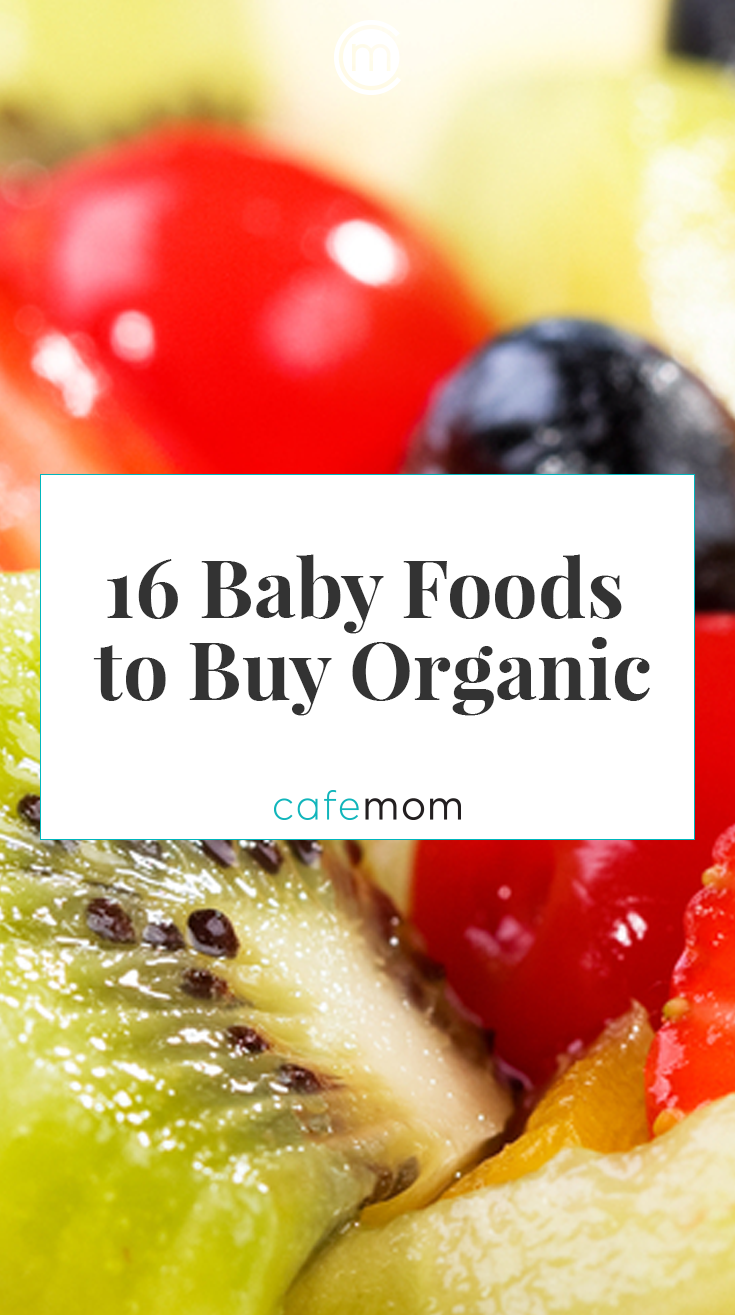
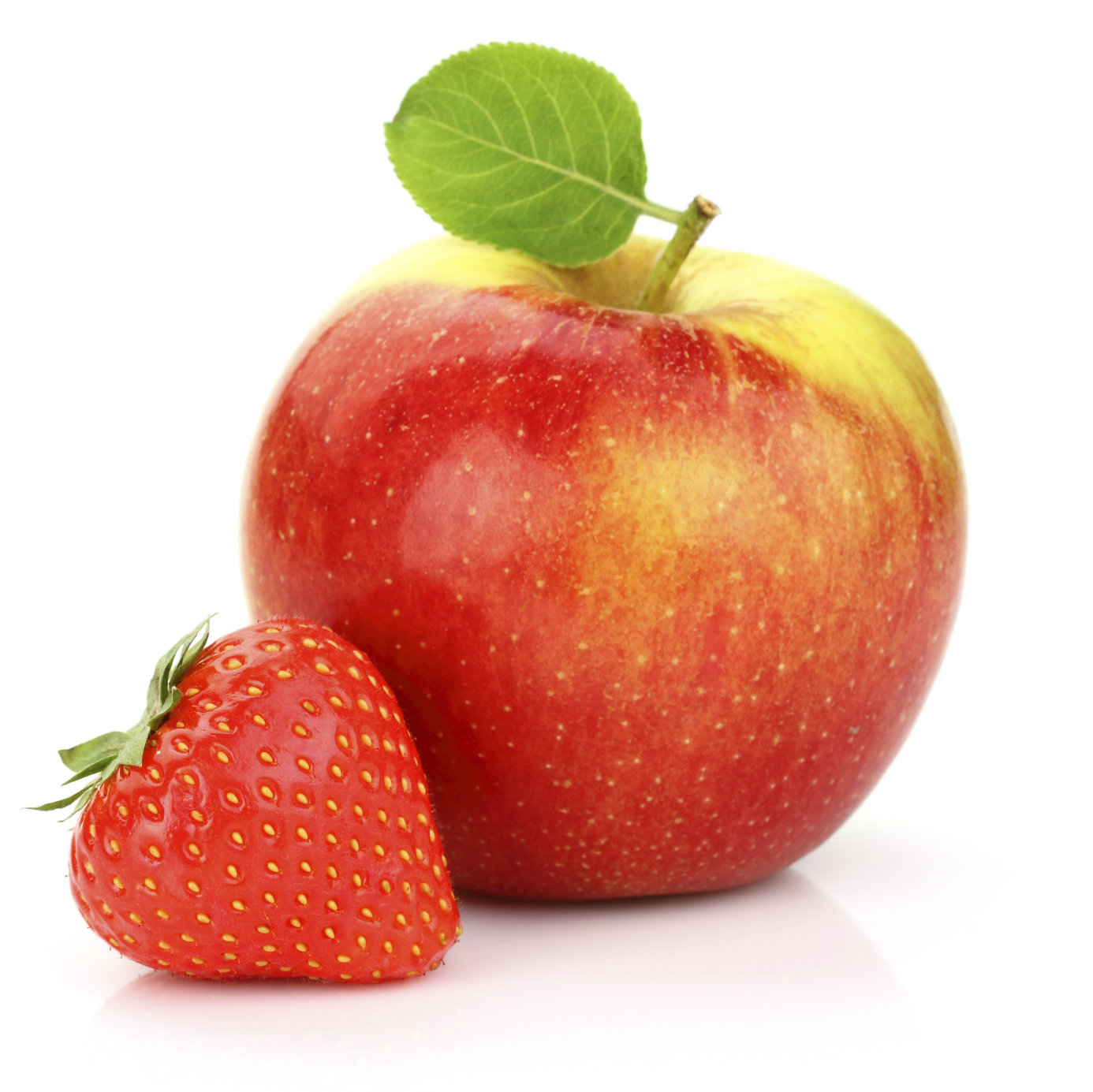
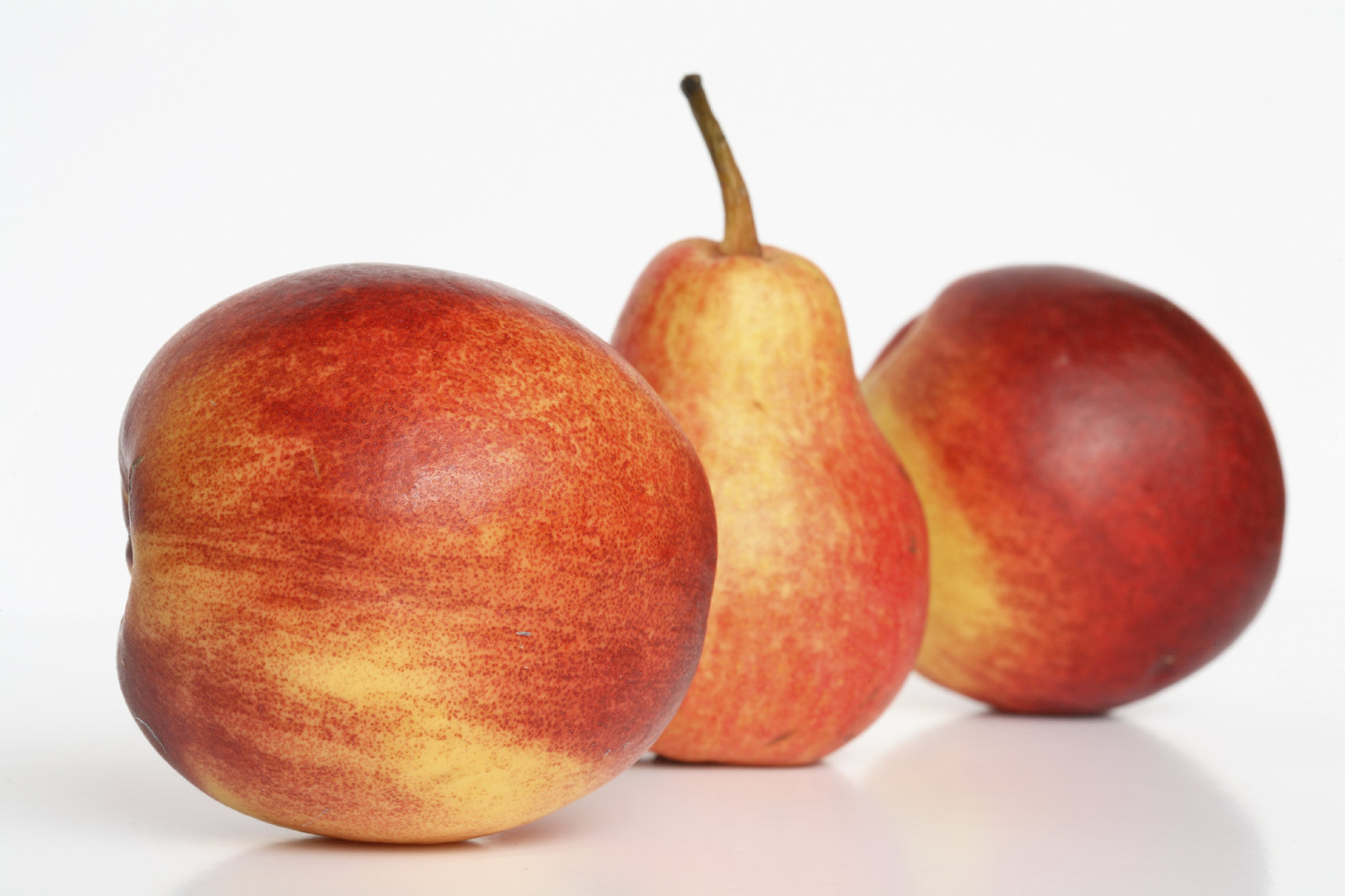
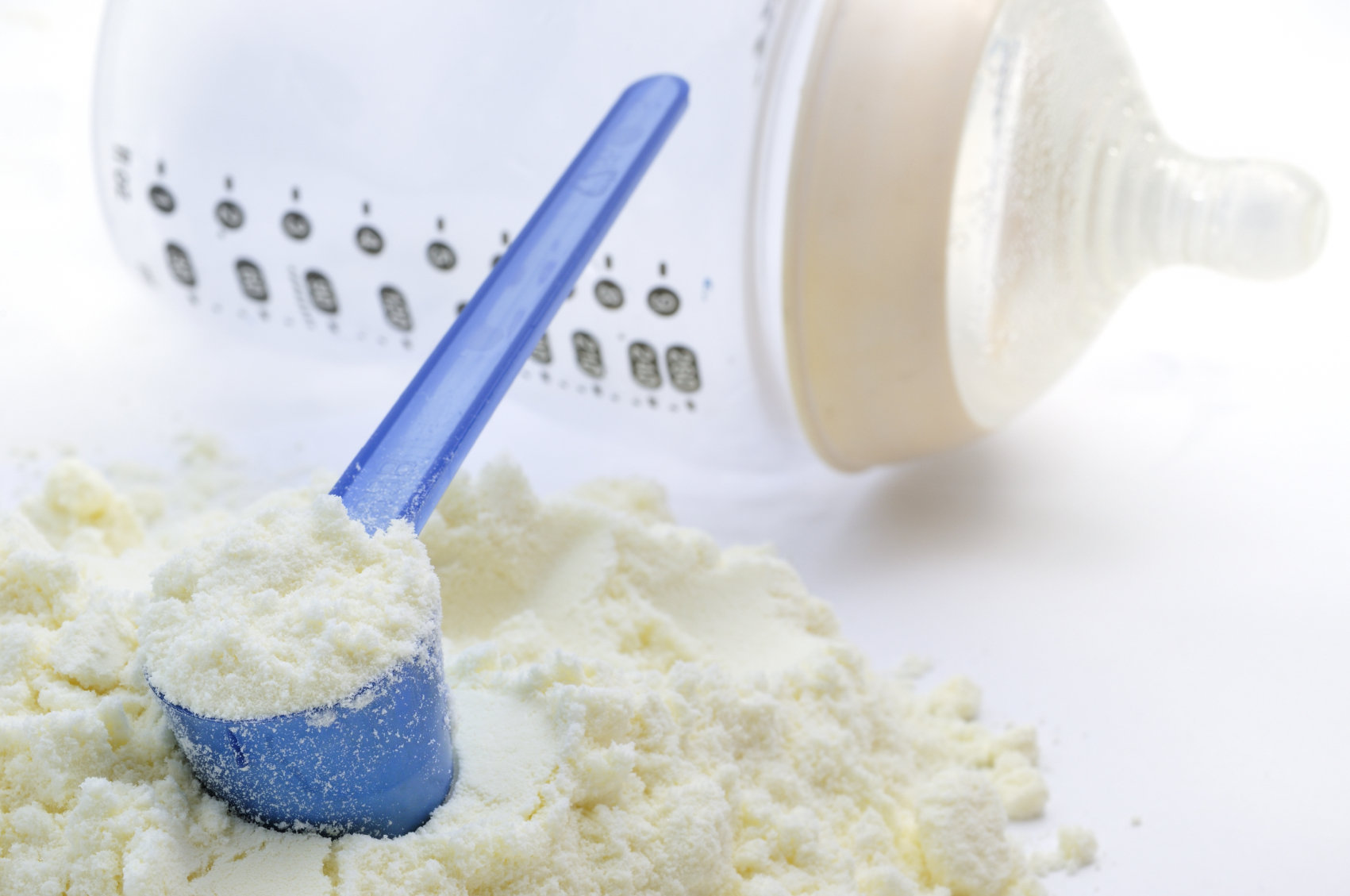
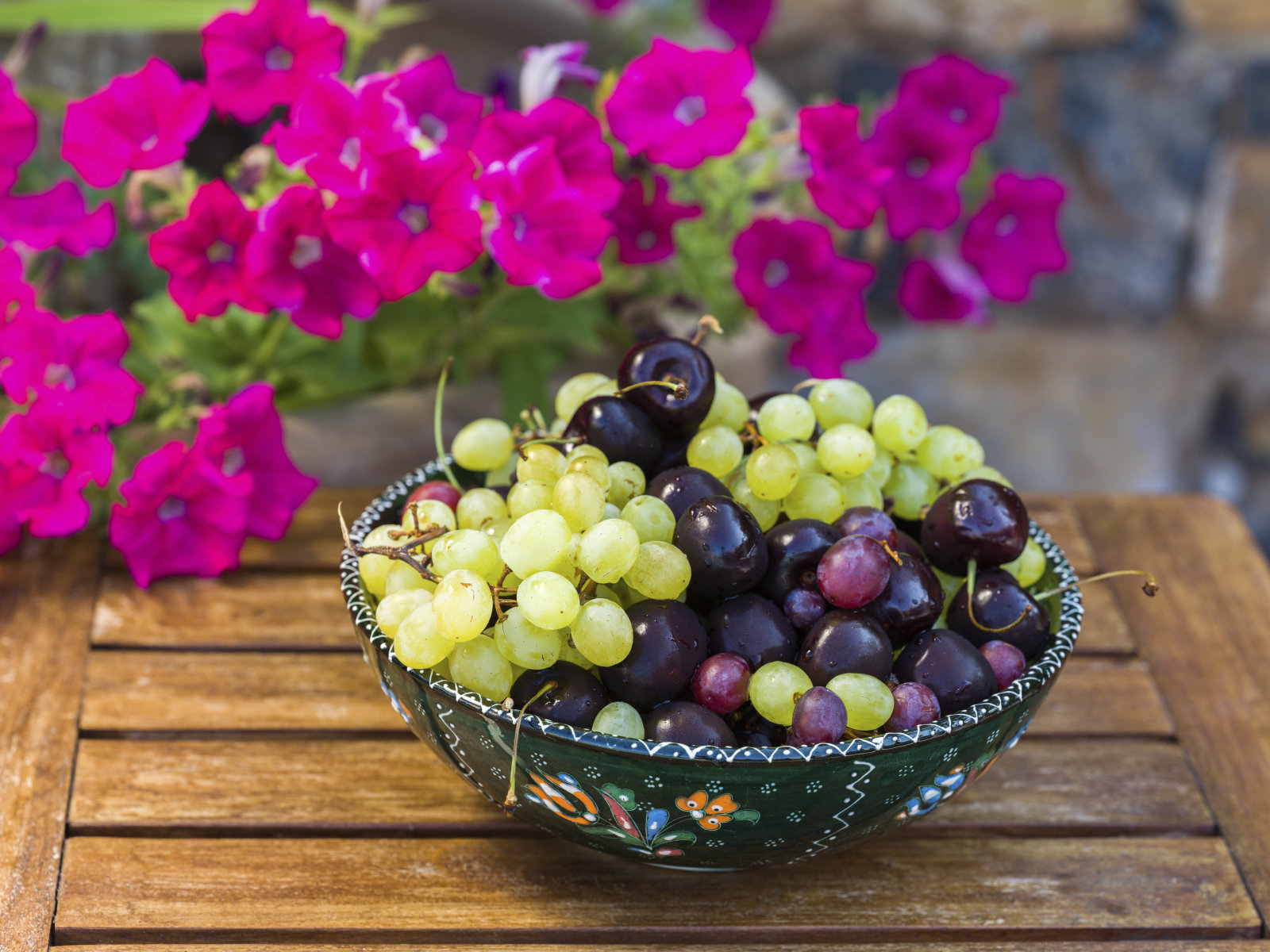
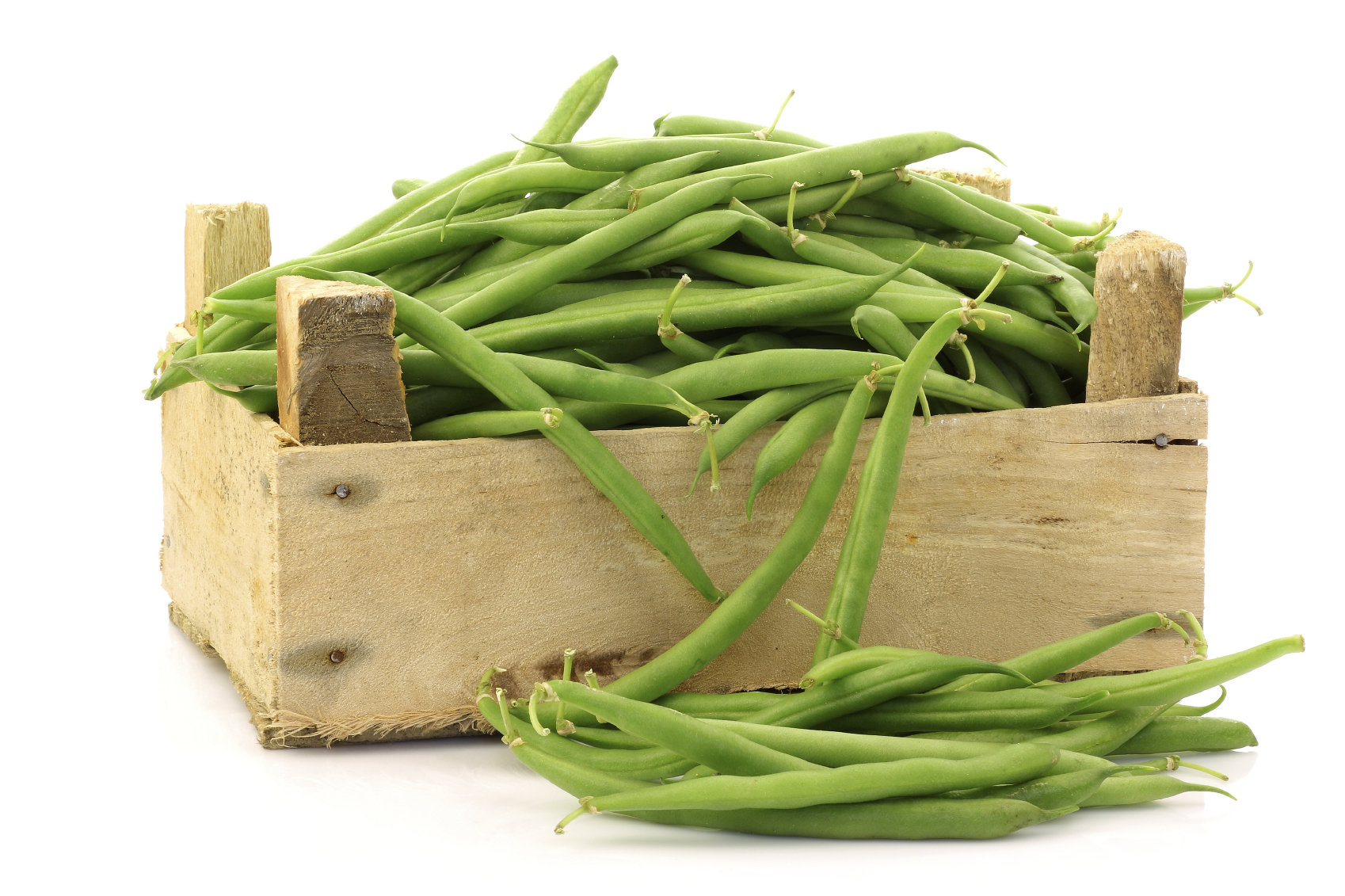
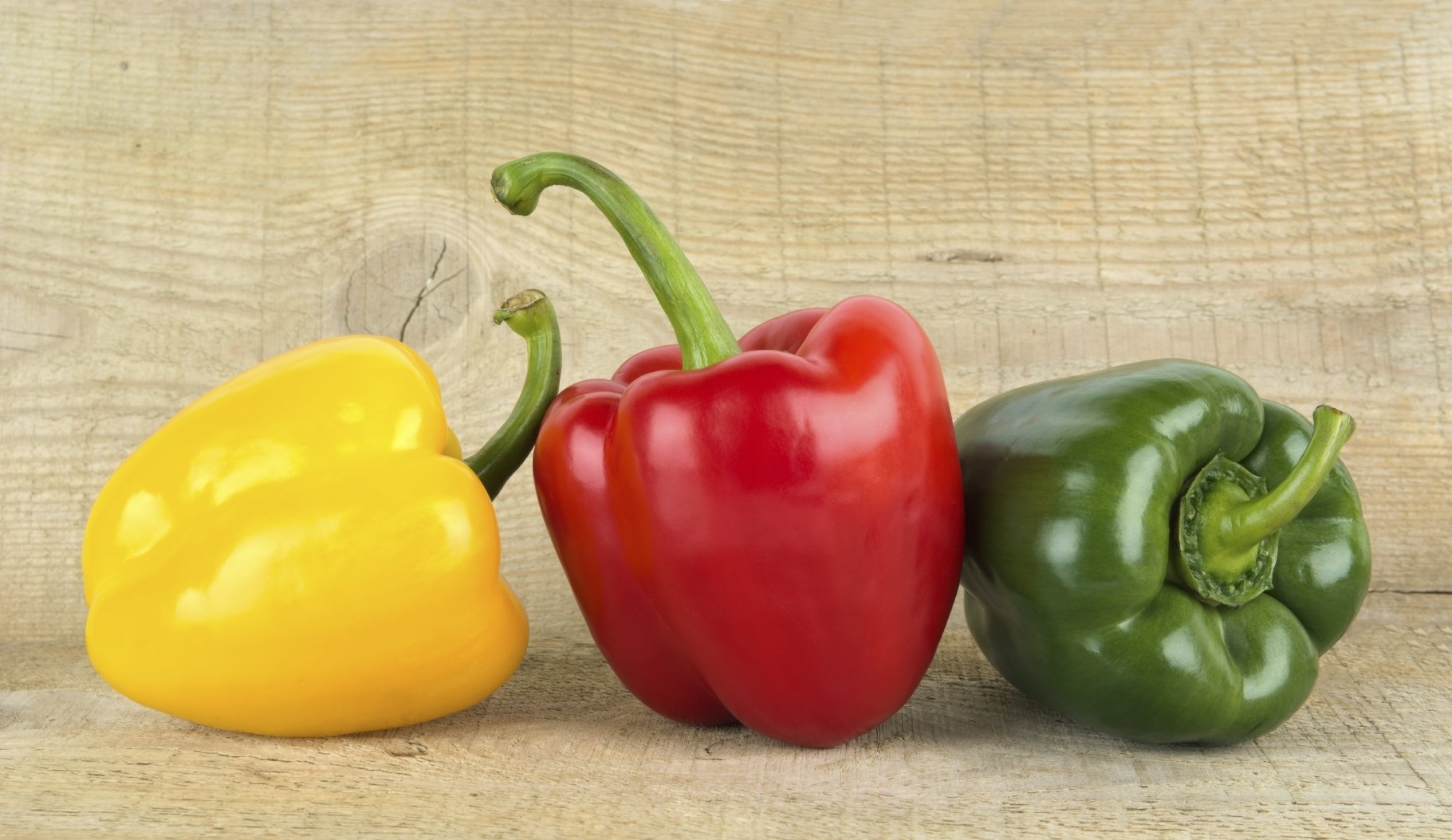
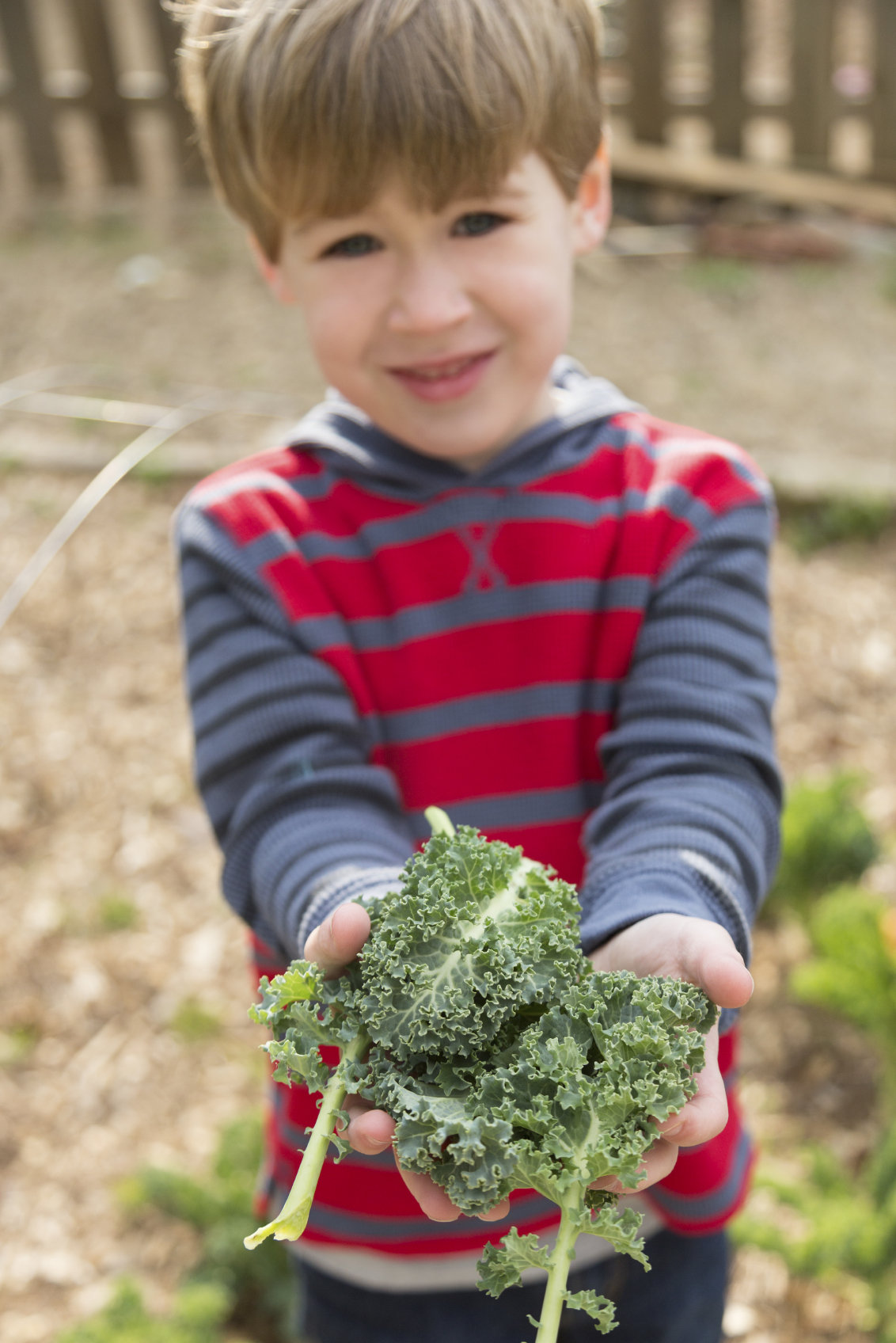
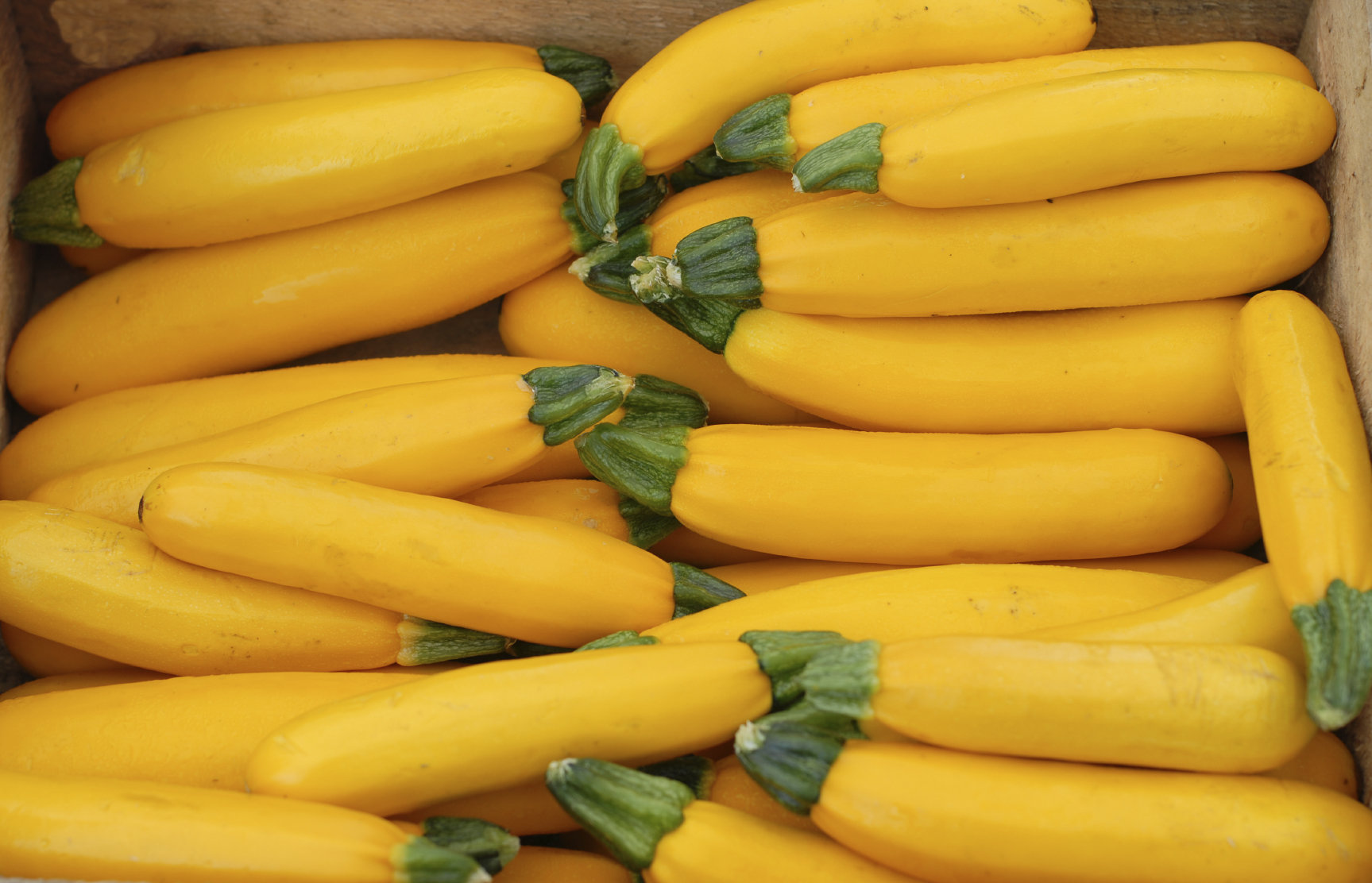
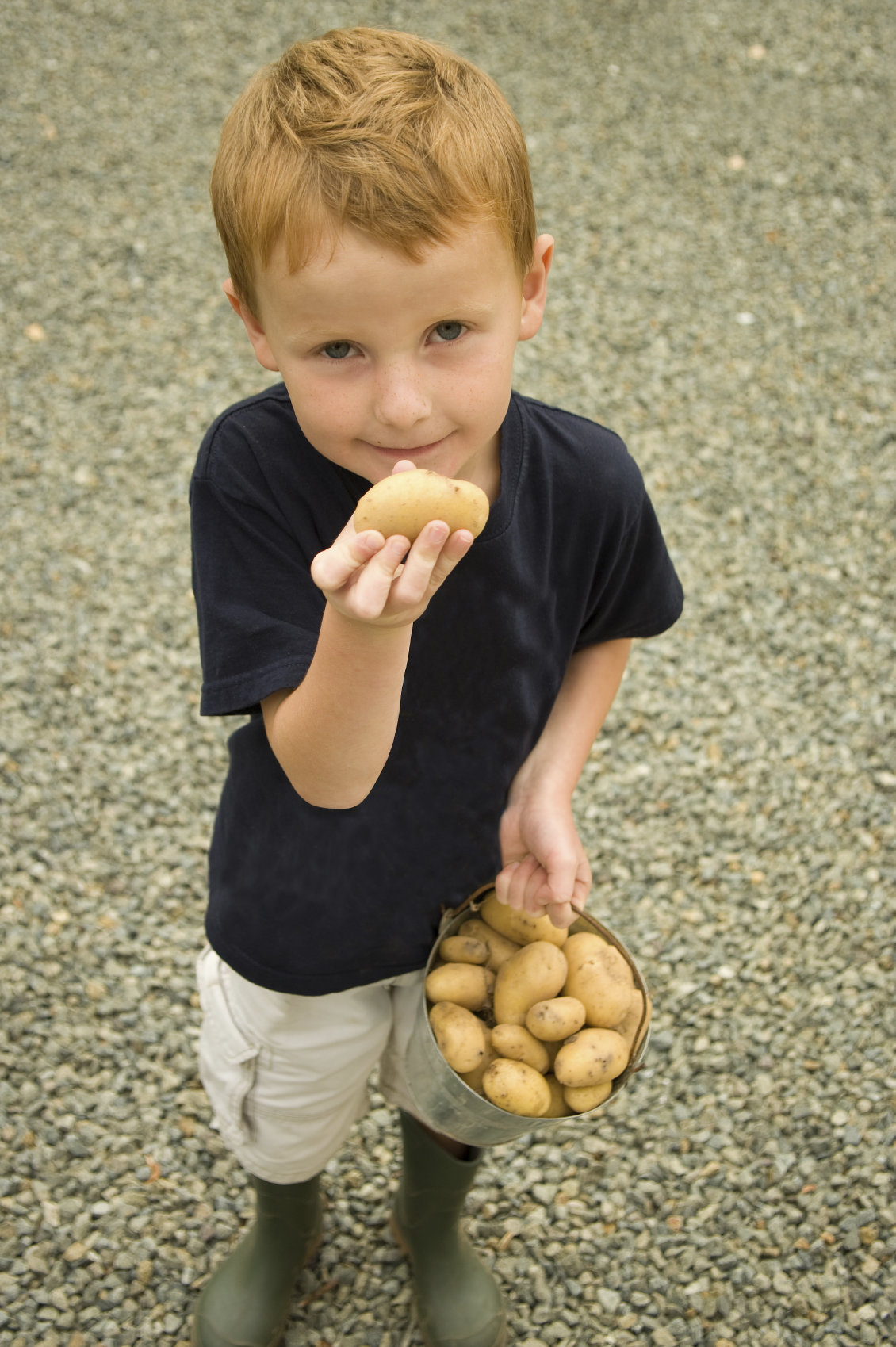
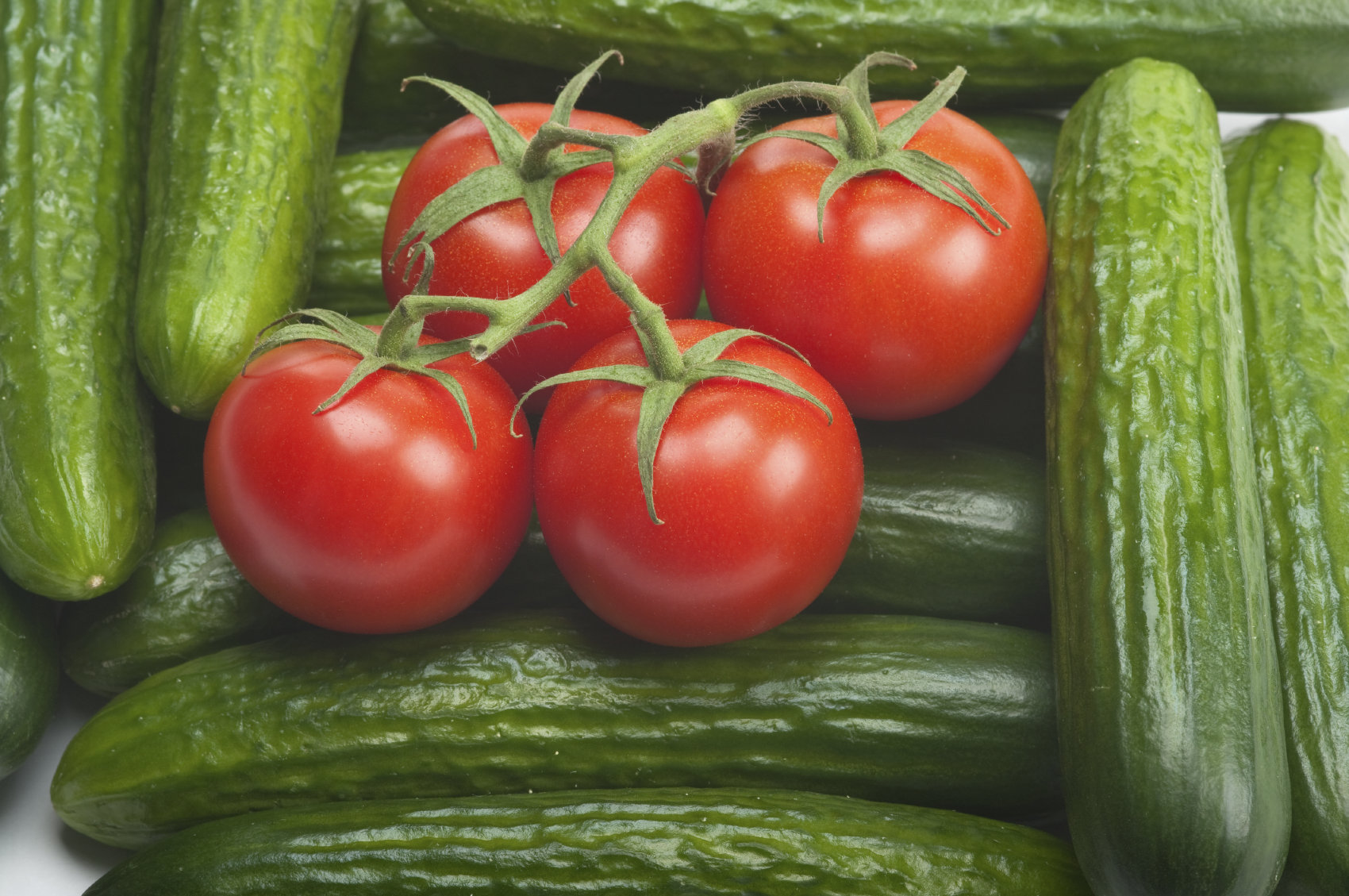
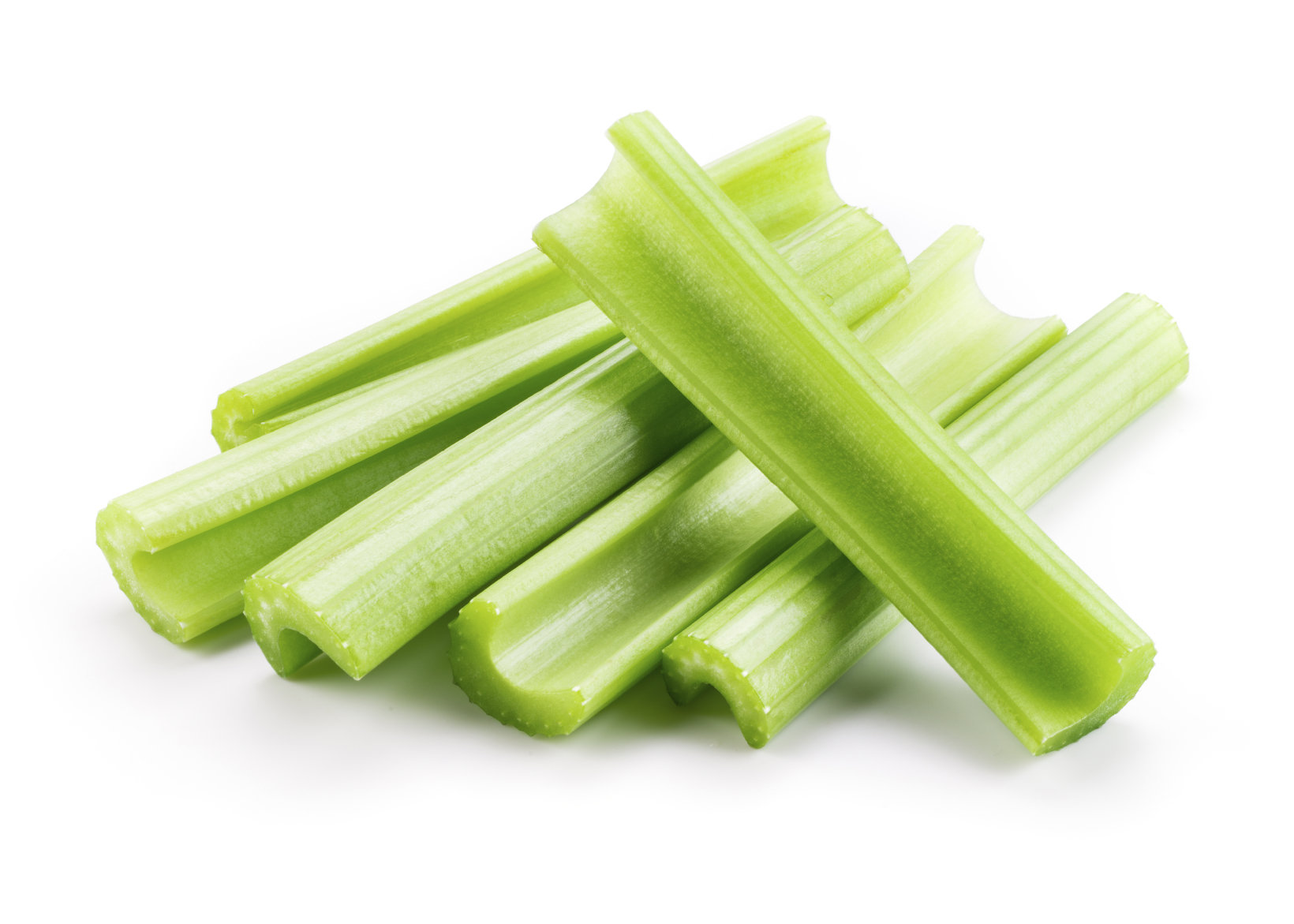
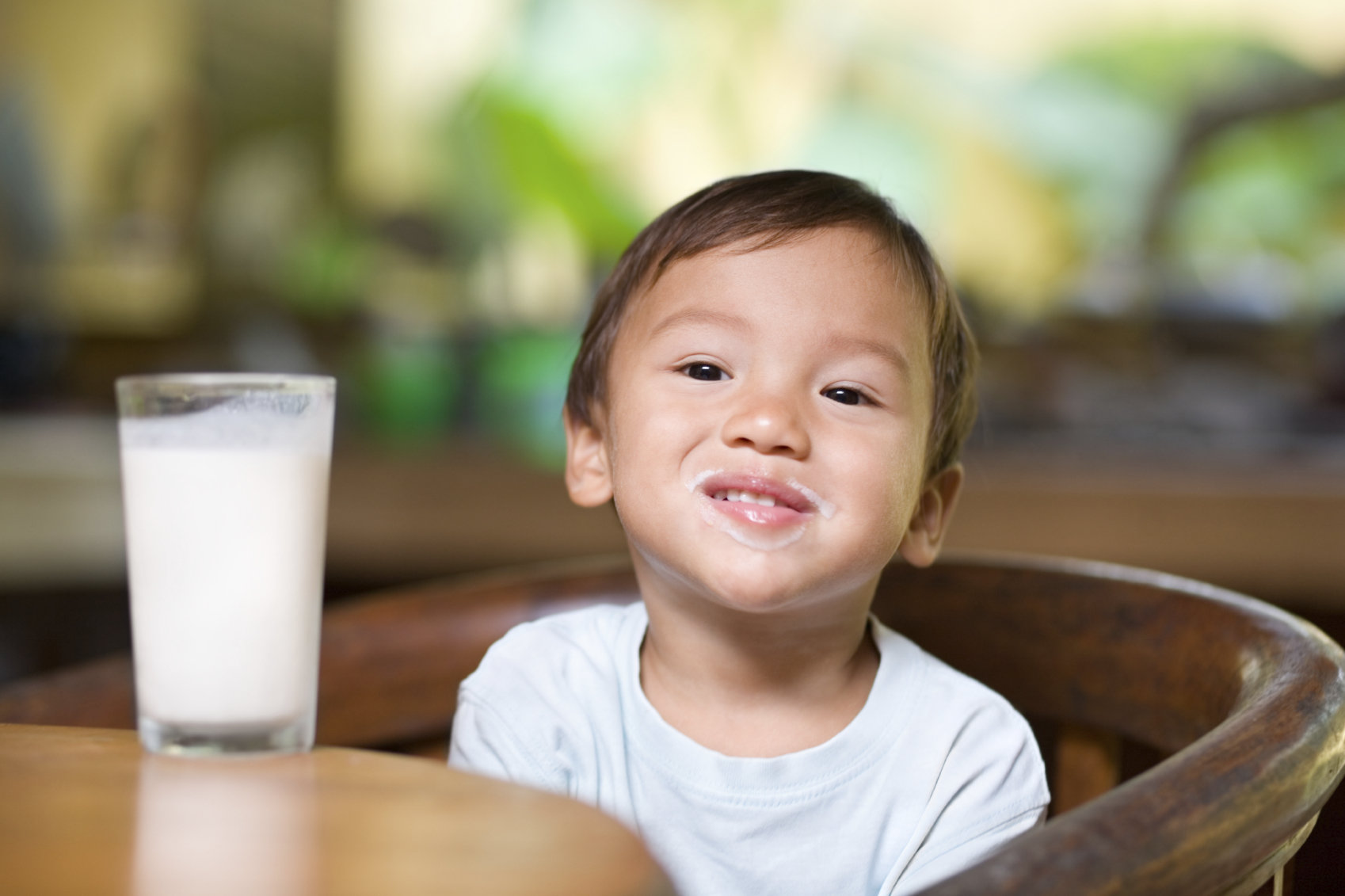
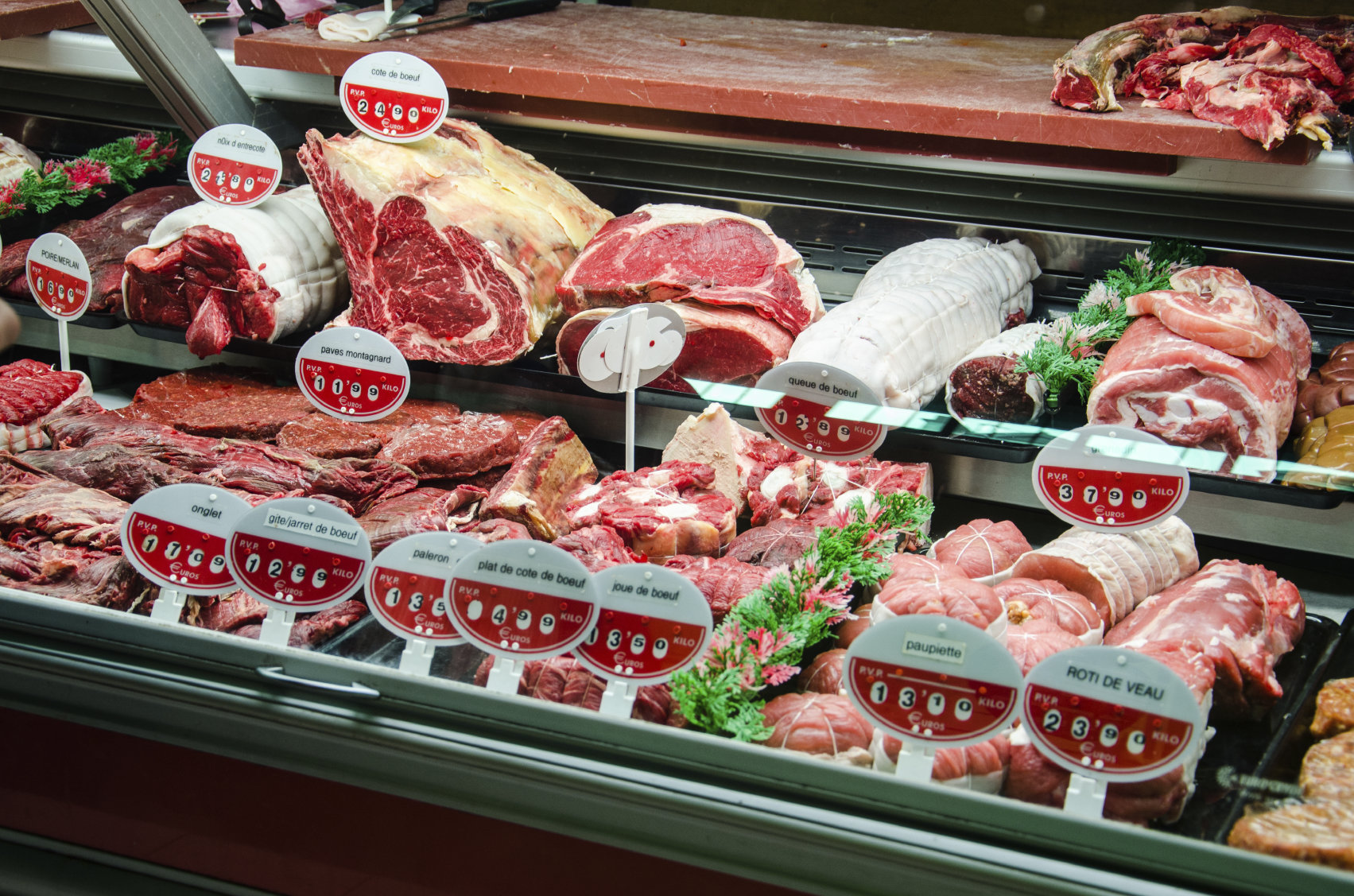
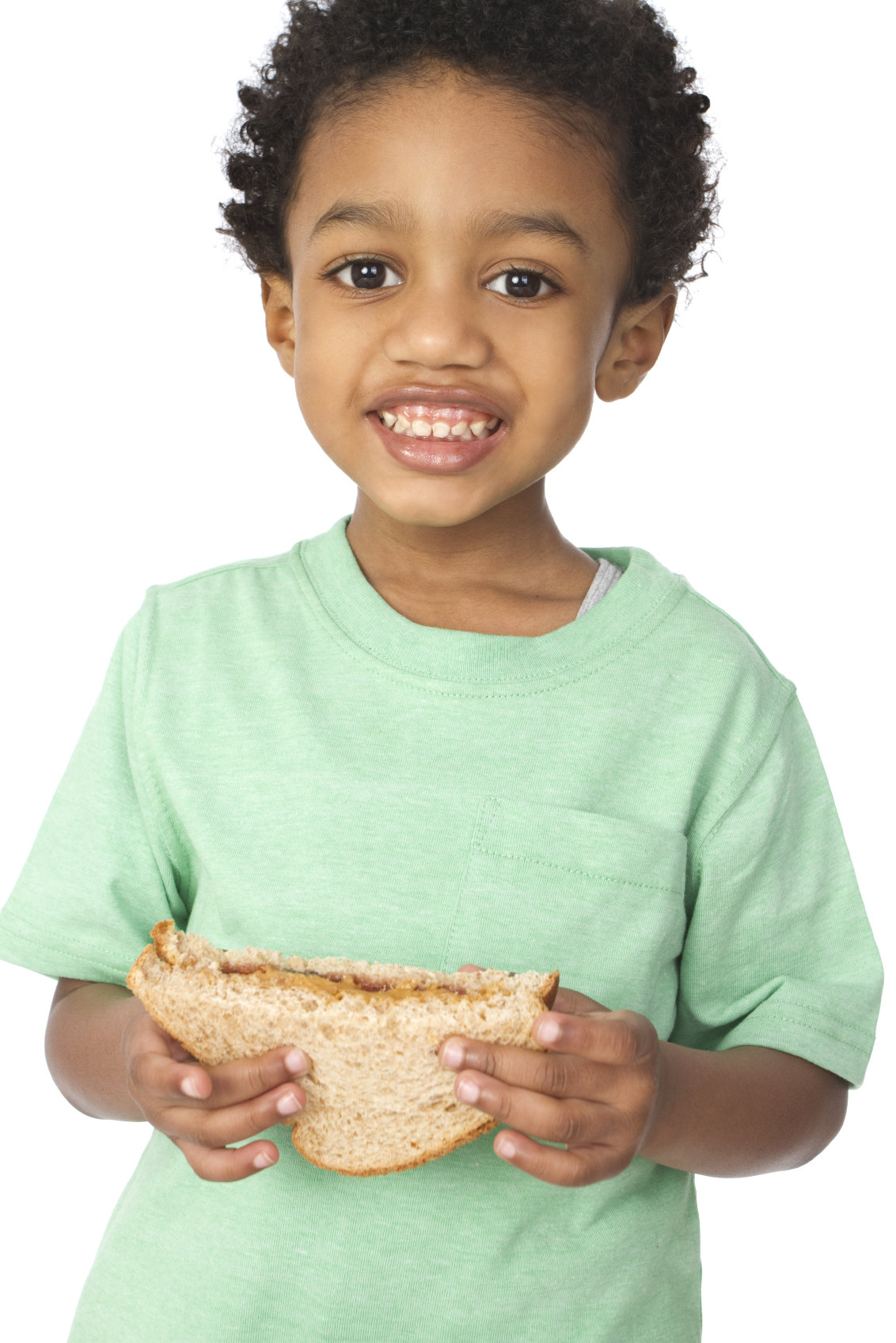
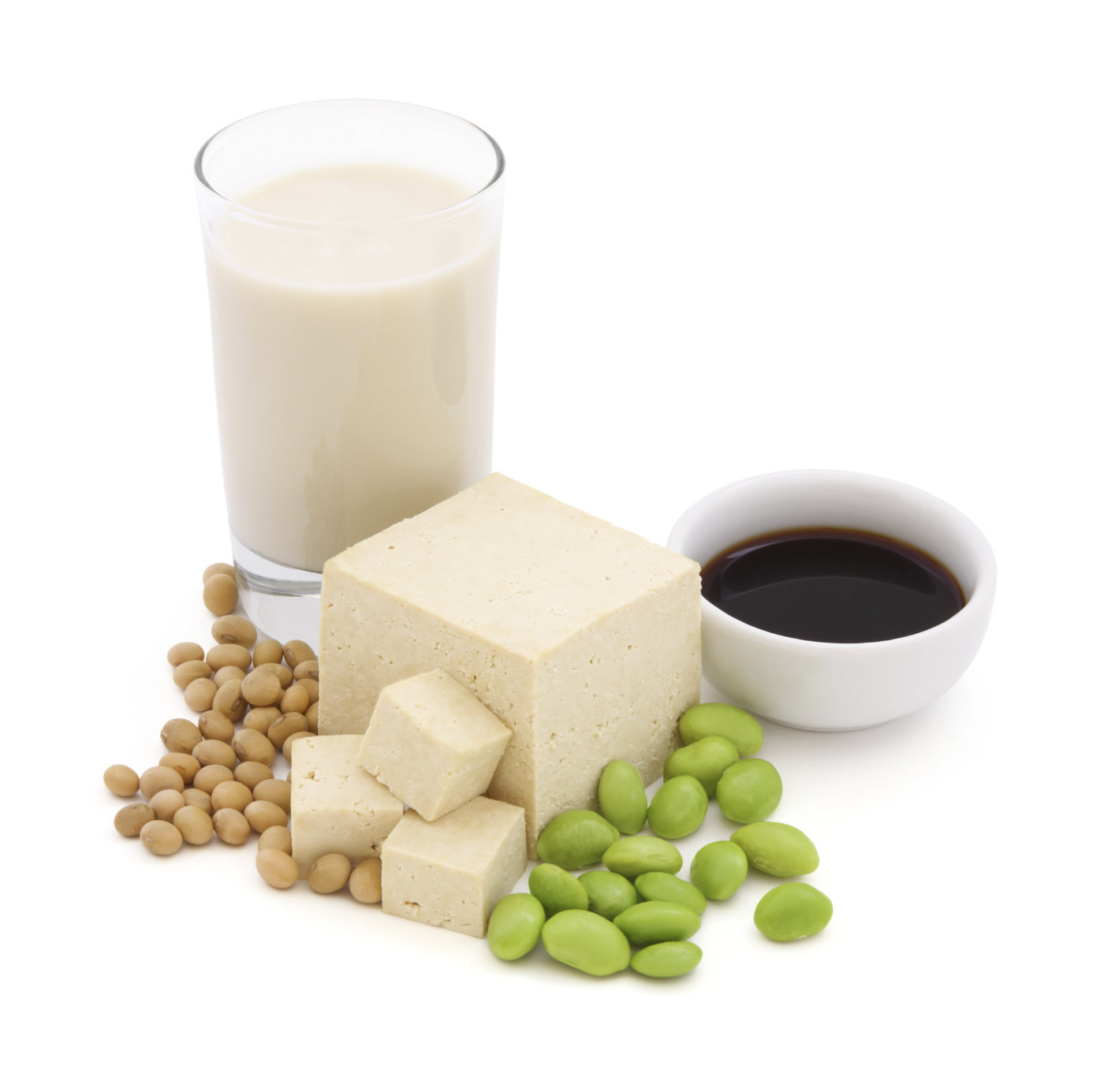
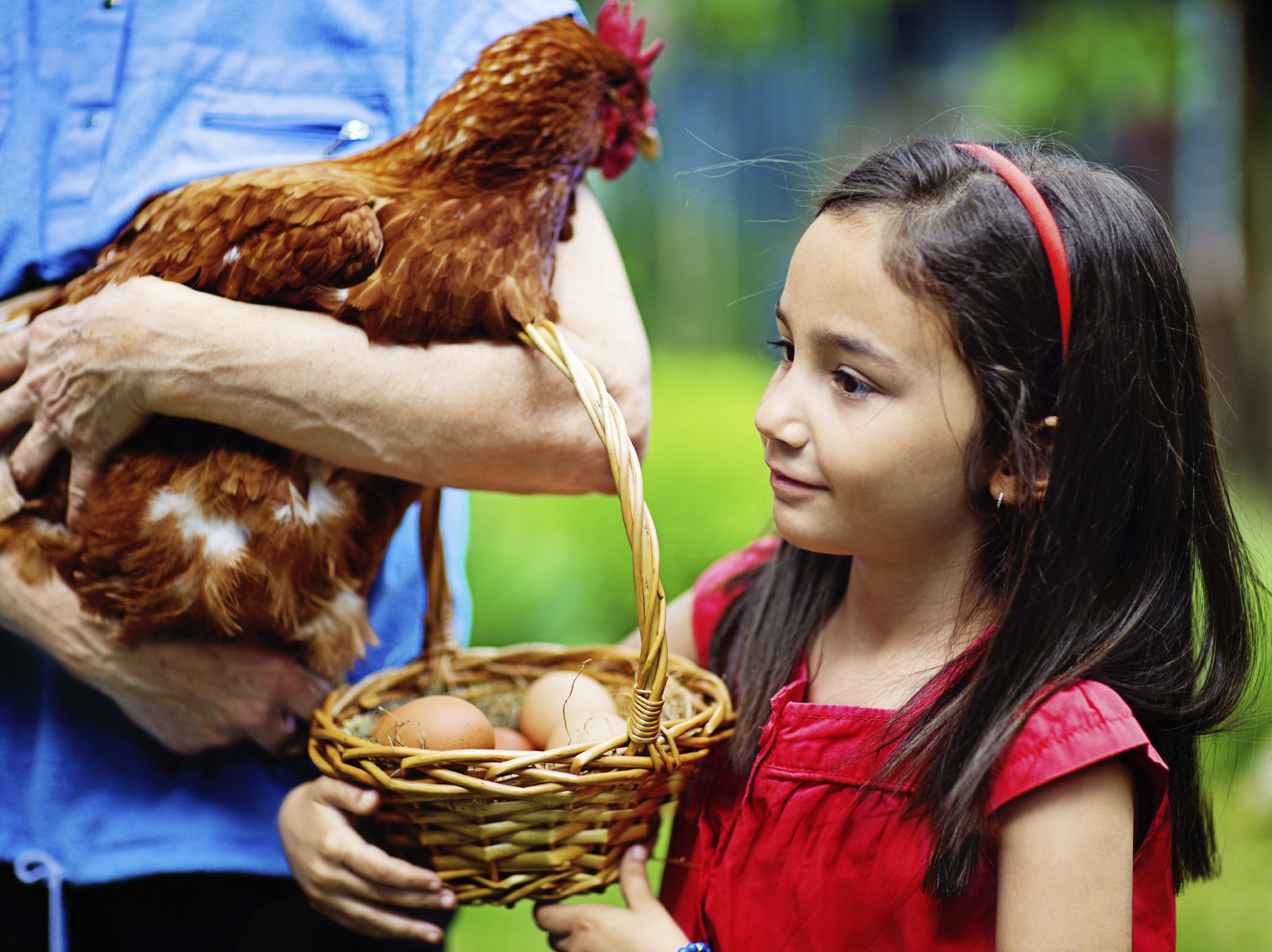

title: “16 Most Important Foods To Buy Organic For Baby” ShowToc: true date: “2024-10-15” author: “Samuel King”
Make no mistake, says Jennifer Glockner, registered dietitian nutritionist and creator of Smartee Plate, “overall, organic foods are not more nutritious than conventional foods,” but when we feed baby organic food, we can feel confident it’s not a GMO and that it has less pesticides, hormones, and antibiotics than its non-organic counterpart. “Just because fruits and vegetables are organic doesn’t mean that they don’t have any pesticides,” she explains. “Some pesticides, unfortunately, exist environmentally.” An organic label means that fertilizers used in farming that food isn’t synthetic, and it’s not irradiated. The amount of pesticide residue “varies by geography and year,” says Glockner. “Washing and scrubbing produce removes some pesticide residue from the outer surface but cannot remove residue that penetrated the produce during growth.” It’s also good to buy domestically grown produce, since imported produce may have a different pesticide profile. Wondering why this is important for baby? Babies have different metabolism patterns, which means toxins are able to stay in their bodies for longer periods. Because they’re young and their organs are still developing, exposure to chemicals and pesticides may affect development. Glockner says, “Kids eat more food relative to their body weight than adults do, so they get a higher concentration. And studies show that GMOs may cause more allergies in kids.” So for those who are trying to limit baby’s intake of bad stuff, but can’t commit to going completely organic, here’s what they can focus on. Nitr/Shutterstock More From The Stir: 8 Tips for Buying Organic Food & Saving Some Green in the Process (VIDEO) More from The Stir: Natural & Organic Baby Products: What to Look For More from The Stir: Three Simple Changes You Can Make to Live a Healthier, More Organic Life Free-range means that the hens are allowed to roam outside and feed themselves things like grass and bugs, rather than being fed grains. Pasture-raised is even better because the hens get more access to the outdoors (much bigger outdoor space and more time outdoors). Glockner said, “Hens that are allowed to feed themselves outdoors are healthier because their diet is richer in nutrients. The eggs, therefore, are potentially richer in vitamins such as A and E, minerals, and omega-3s, and they may have less saturated fat.”



















title: “16 Most Important Foods To Buy Organic For Baby” ShowToc: true date: “2024-08-29” author: “Marjorie Williamson”
Make no mistake, says Jennifer Glockner, registered dietitian nutritionist and creator of Smartee Plate, “overall, organic foods are not more nutritious than conventional foods,” but when we feed baby organic food, we can feel confident it’s not a GMO and that it has less pesticides, hormones, and antibiotics than its non-organic counterpart. “Just because fruits and vegetables are organic doesn’t mean that they don’t have any pesticides,” she explains. “Some pesticides, unfortunately, exist environmentally.” An organic label means that fertilizers used in farming that food isn’t synthetic, and it’s not irradiated. The amount of pesticide residue “varies by geography and year,” says Glockner. “Washing and scrubbing produce removes some pesticide residue from the outer surface but cannot remove residue that penetrated the produce during growth.” It’s also good to buy domestically grown produce, since imported produce may have a different pesticide profile. Wondering why this is important for baby? Babies have different metabolism patterns, which means toxins are able to stay in their bodies for longer periods. Because they’re young and their organs are still developing, exposure to chemicals and pesticides may affect development. Glockner says, “Kids eat more food relative to their body weight than adults do, so they get a higher concentration. And studies show that GMOs may cause more allergies in kids.” So for those who are trying to limit baby’s intake of bad stuff, but can’t commit to going completely organic, here’s what they can focus on. Nitr/Shutterstock More From The Stir: 8 Tips for Buying Organic Food & Saving Some Green in the Process (VIDEO) More from The Stir: Natural & Organic Baby Products: What to Look For More from The Stir: Three Simple Changes You Can Make to Live a Healthier, More Organic Life Free-range means that the hens are allowed to roam outside and feed themselves things like grass and bugs, rather than being fed grains. Pasture-raised is even better because the hens get more access to the outdoors (much bigger outdoor space and more time outdoors). Glockner said, “Hens that are allowed to feed themselves outdoors are healthier because their diet is richer in nutrients. The eggs, therefore, are potentially richer in vitamins such as A and E, minerals, and omega-3s, and they may have less saturated fat.”



















title: “16 Most Important Foods To Buy Organic For Baby” ShowToc: true date: “2024-10-05” author: “James Cunningham”
Make no mistake, says Jennifer Glockner, registered dietitian nutritionist and creator of Smartee Plate, “overall, organic foods are not more nutritious than conventional foods,” but when we feed baby organic food, we can feel confident it’s not a GMO and that it has less pesticides, hormones, and antibiotics than its non-organic counterpart. “Just because fruits and vegetables are organic doesn’t mean that they don’t have any pesticides,” she explains. “Some pesticides, unfortunately, exist environmentally.” An organic label means that fertilizers used in farming that food isn’t synthetic, and it’s not irradiated. The amount of pesticide residue “varies by geography and year,” says Glockner. “Washing and scrubbing produce removes some pesticide residue from the outer surface but cannot remove residue that penetrated the produce during growth.” It’s also good to buy domestically grown produce, since imported produce may have a different pesticide profile. Wondering why this is important for baby? Babies have different metabolism patterns, which means toxins are able to stay in their bodies for longer periods. Because they’re young and their organs are still developing, exposure to chemicals and pesticides may affect development. Glockner says, “Kids eat more food relative to their body weight than adults do, so they get a higher concentration. And studies show that GMOs may cause more allergies in kids.” So for those who are trying to limit baby’s intake of bad stuff, but can’t commit to going completely organic, here’s what they can focus on. Nitr/Shutterstock More From The Stir: 8 Tips for Buying Organic Food & Saving Some Green in the Process (VIDEO) More from The Stir: Natural & Organic Baby Products: What to Look For More from The Stir: Three Simple Changes You Can Make to Live a Healthier, More Organic Life Free-range means that the hens are allowed to roam outside and feed themselves things like grass and bugs, rather than being fed grains. Pasture-raised is even better because the hens get more access to the outdoors (much bigger outdoor space and more time outdoors). Glockner said, “Hens that are allowed to feed themselves outdoors are healthier because their diet is richer in nutrients. The eggs, therefore, are potentially richer in vitamins such as A and E, minerals, and omega-3s, and they may have less saturated fat.”


















